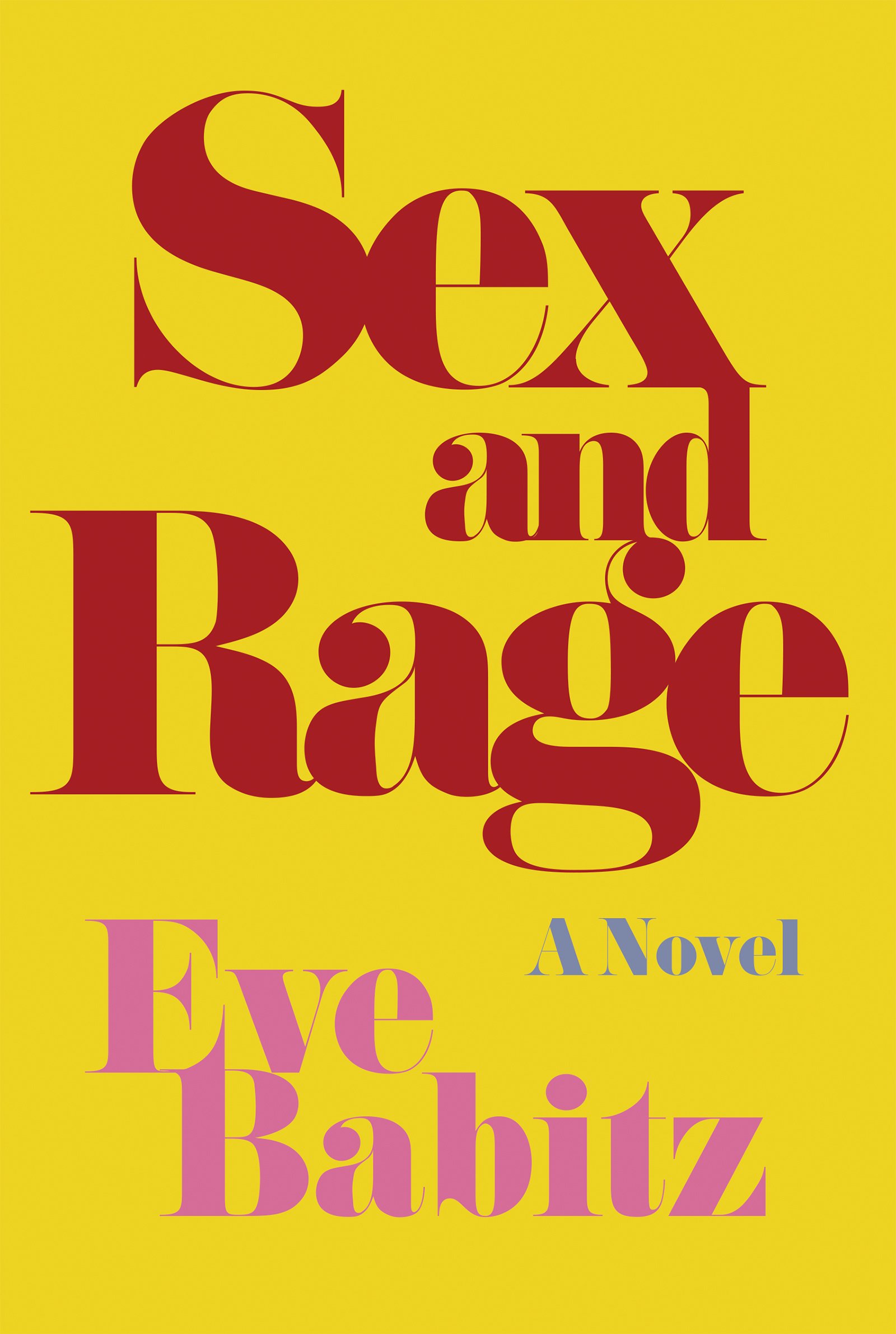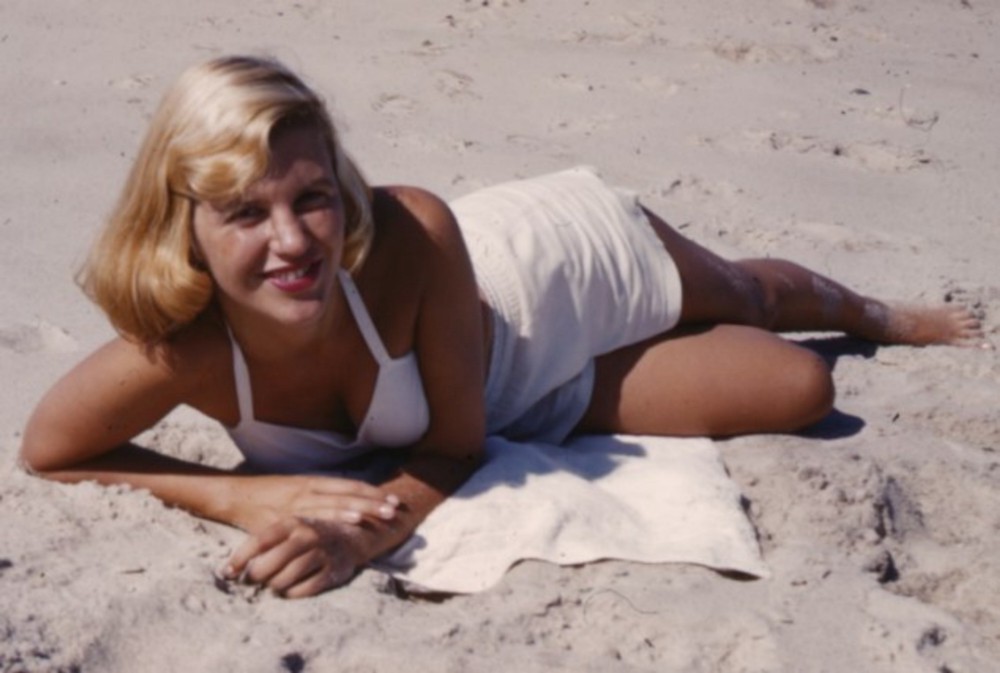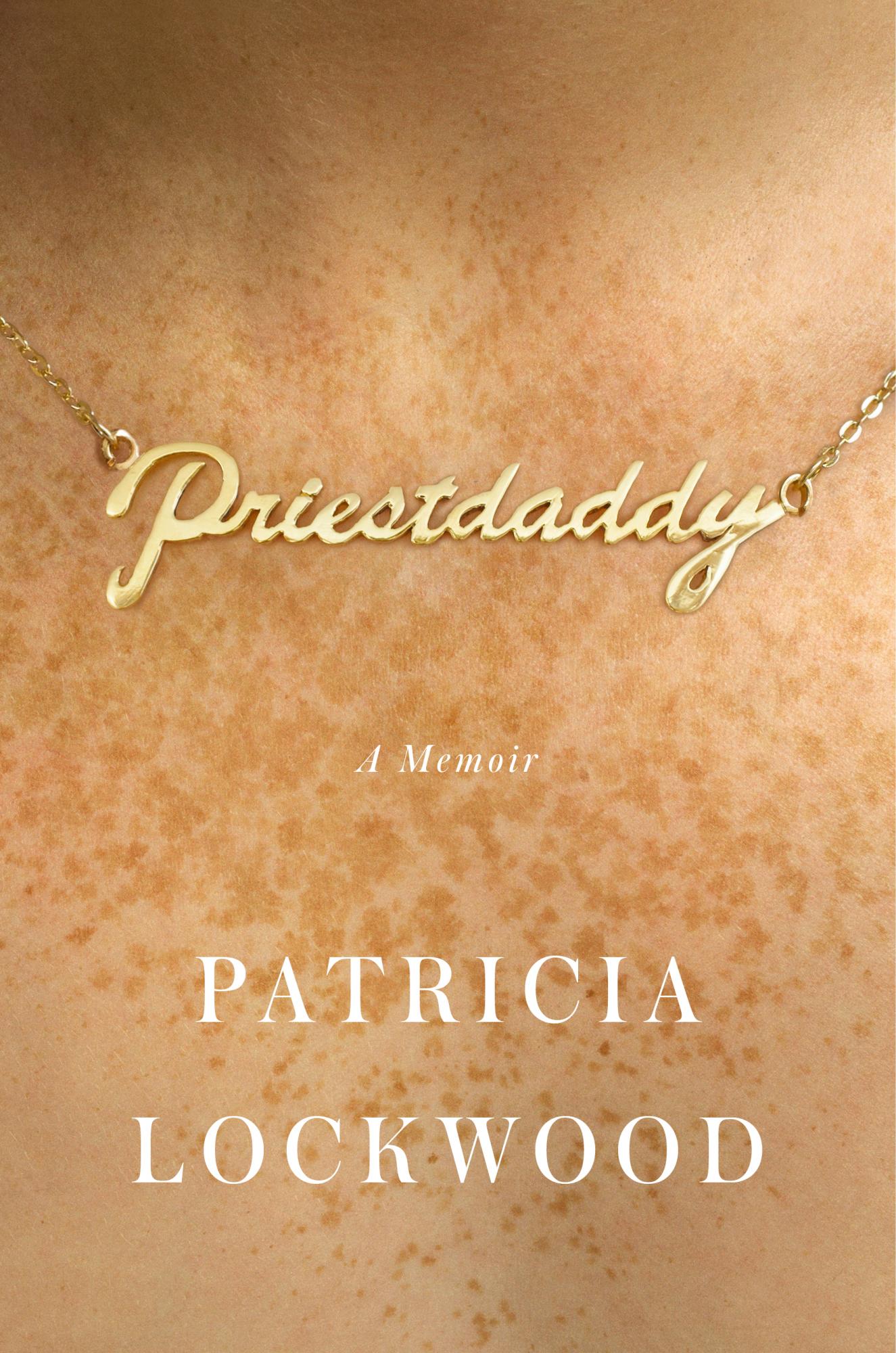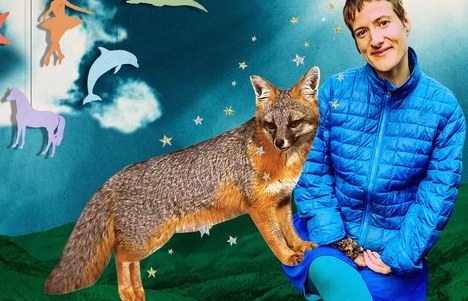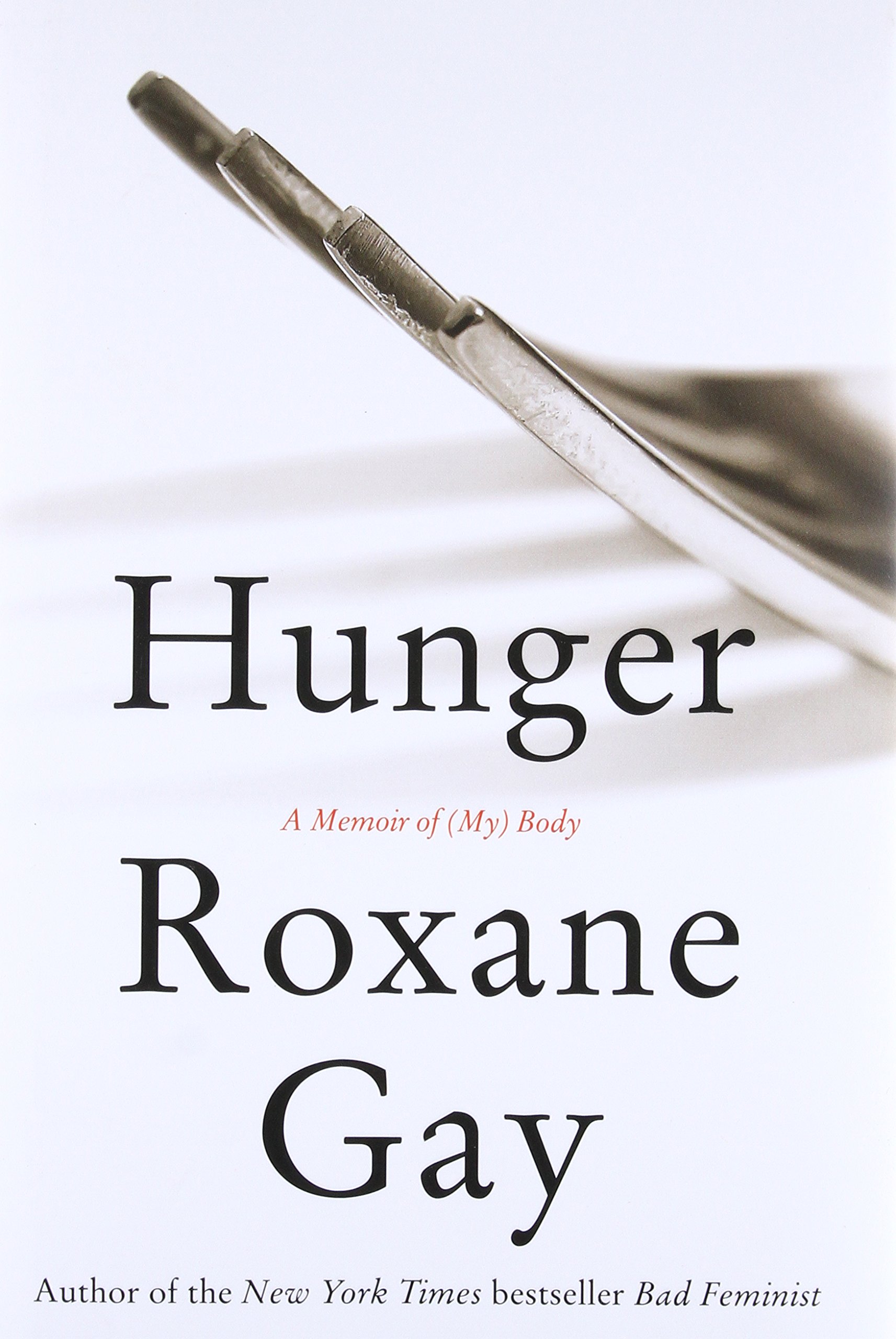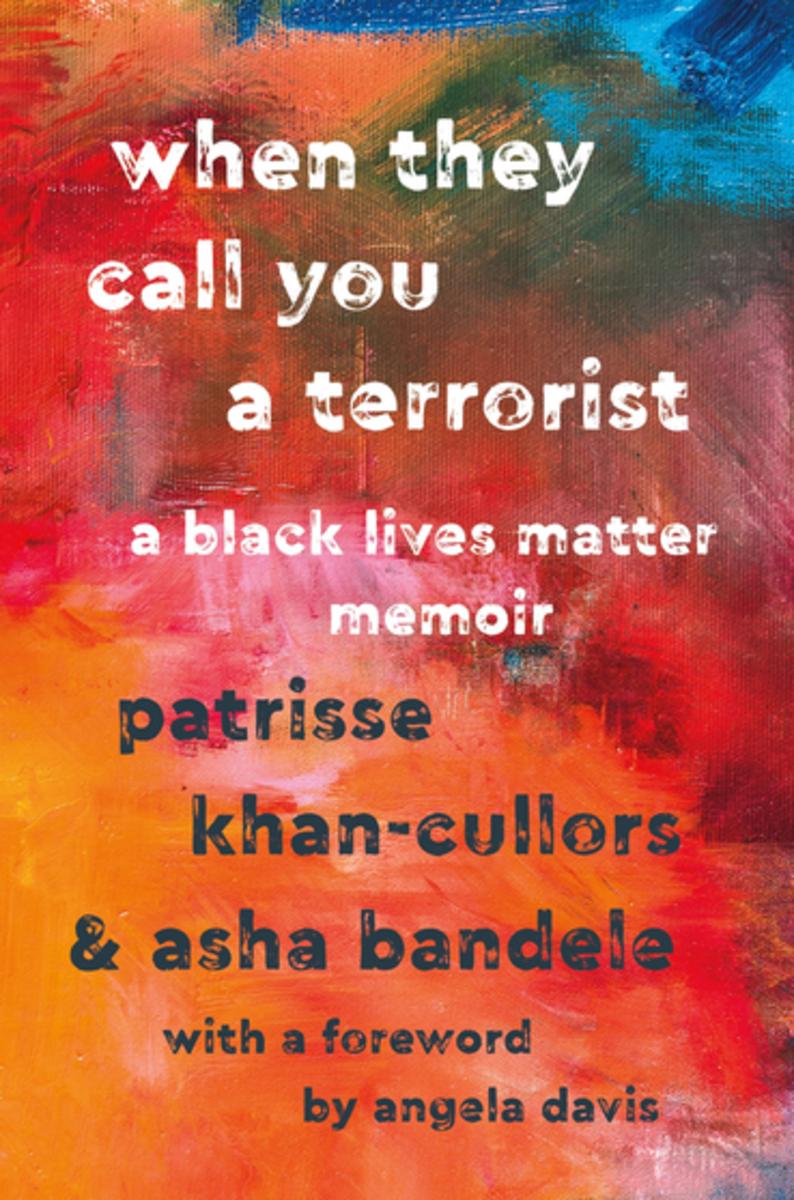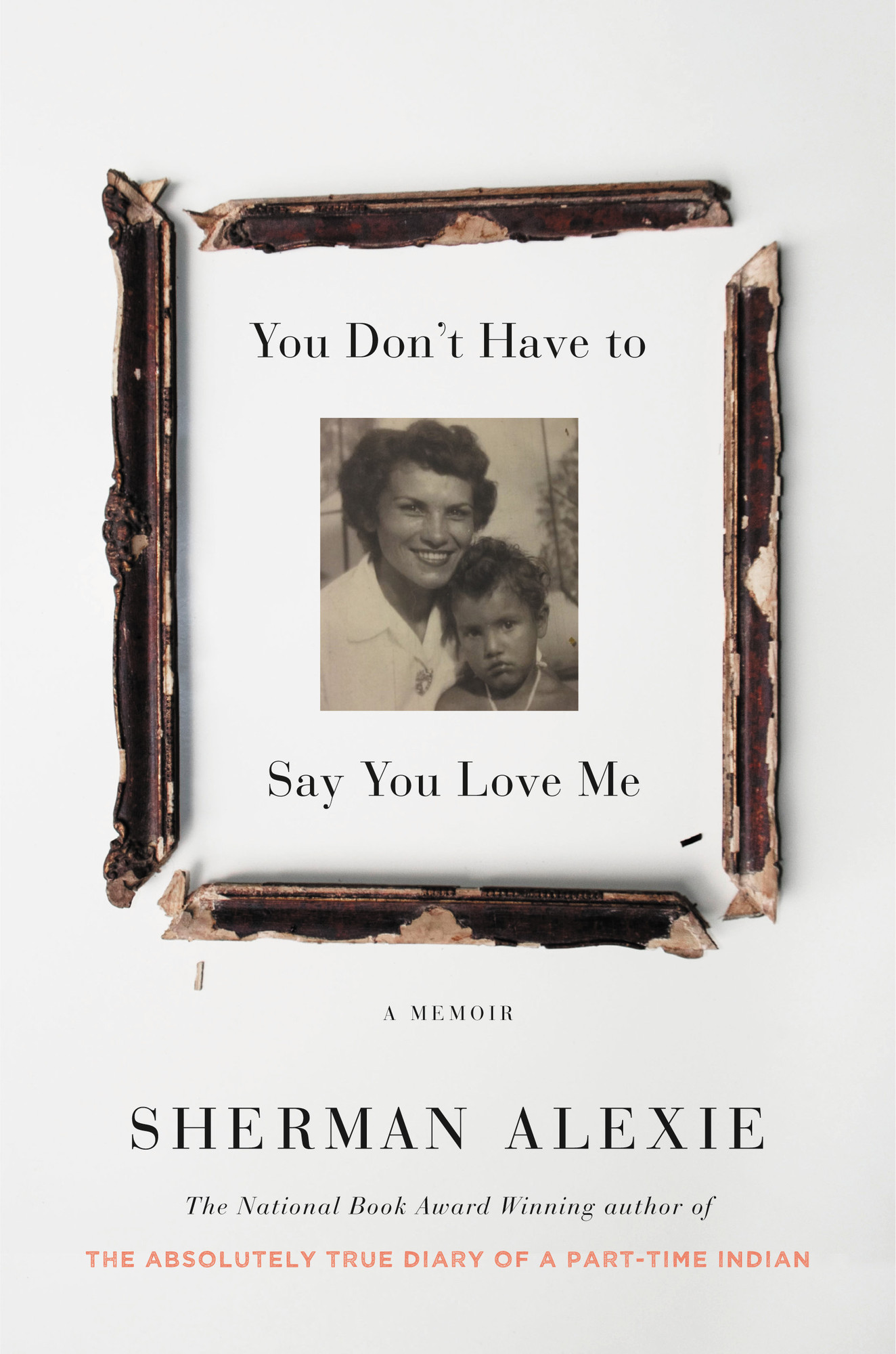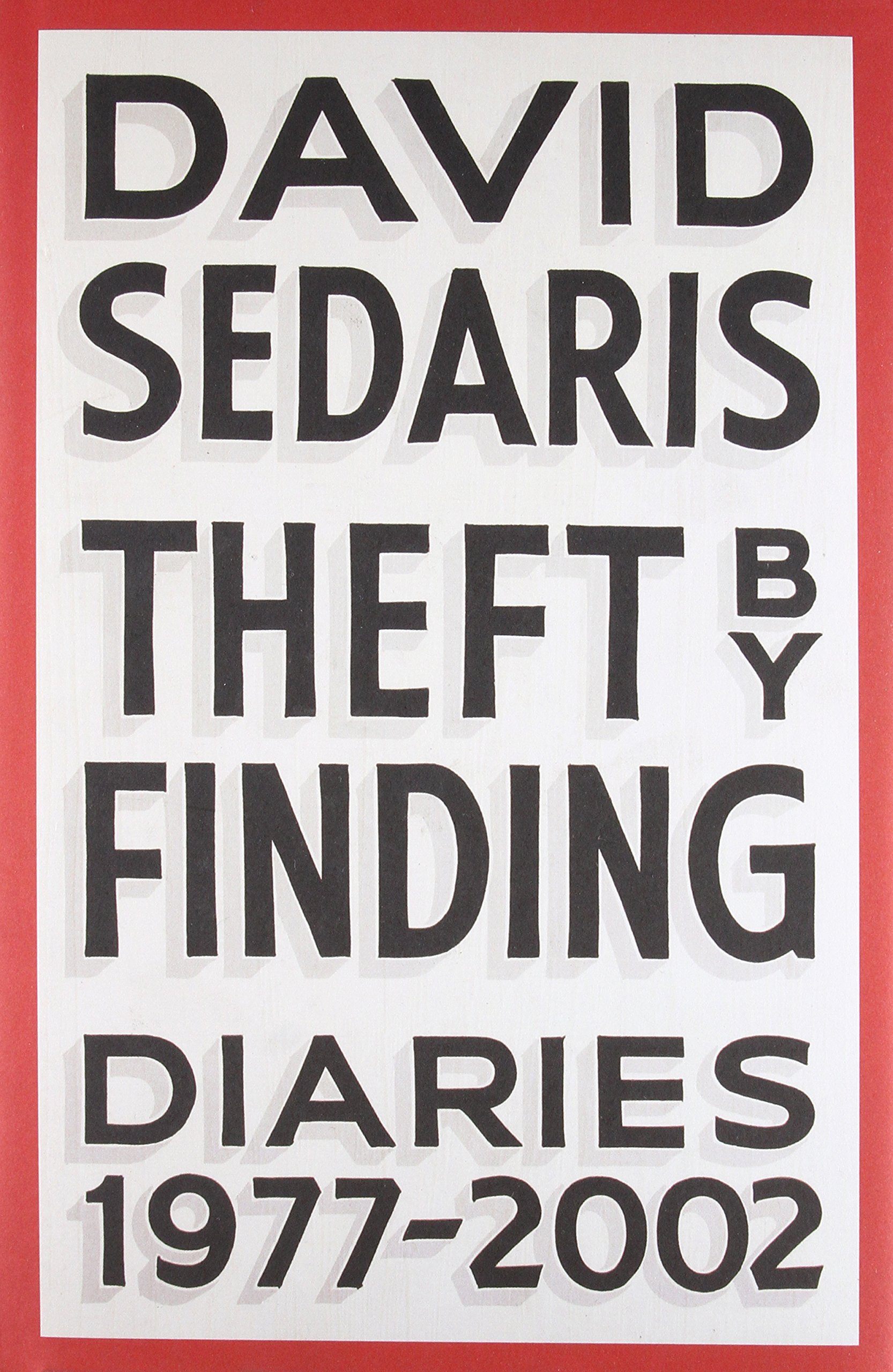What can be said about the apocalyptic horrorshow that was 2017 that hasn't yet been said? Not much, I think. (I had a laugh when I discovered I initially titled the draft of this post "18 Great Things I Read in 2018." Clearly, my subconscious is ready to move on, too.)
Still, it's notable that amid the political turmoil, and the natural disasters, and the onslaught of sexual harassment and assault stories, writing — in seemingly all its forms — thrived. (Except, perhaps, CDC reports.) 2017 was a banner year for journalism, an incredible year for fiction, a remarkable year in poetry, and a meditative year in criticism. For many of us, reading was more of a necessity than usual; a salve, a refuge, a place to rediscover we were not alone with our feelings or ideas.
I am lucky to have a job that requires me to read voraciously — one of my favorite things to do ever since the day I picked up a copy of "Freddy the Frog" in Mrs. Hornack's kindergarten class in El Paso, Texas, and discovered I could. So this is, by no means, an exhaustive list of every wonderful and affecting new piece of 2017 writing I encountered in my 2017 reading. There were too many of those things. Also: it was impossible to read everything I wanted to read. I did leave out many stories that dominated our cultural conversation, like Jodi Kantor and Meghan Twohey's exhaustive and, truly, exhausting investigation into Harvey Weinstein's crimes, because we all (hopefully) have read them.
Instead, this is simply a selection of stories that moved me, caught a moment, made me change out the lens on my worldview, or simply stayed knocking around in my brain long enough to be remembered throughout the course of a year that felt like an eon.
What did you read and love this year? Please tell me so I can read it, too.
1. "Sing, Unburied, Sing" by Jesmyn Ward. Ward won the National Book Award for this remarkable novel, which examines the struggles of being a family, and the weight of history, through the eyes of 13-year-old Jojo. Ward melds the classic road-trip novel, the coming-of-age story, and the way our nation's painful, racist past haunts to this day to craft an indelible, quintessentially American epic.
2. "Gloria Allred's Crusade" by Jia Tolentino for The New Yorker. Tolentino's profile on the attorney, who most of us only encounter via televised soundbites, afforded Allred a level of nuance I've never seen her granted before. It struck me as I read how rarely powerful women — or any women, really — are afforded that nuance. In Tolentino's telling, Allred emerges as a complicated symbol of American feminism and how it's morphed and influenced the culture in recent decades. "I'm controversial because the status of women is controversial," Allred says, and I'd defy anyone not to agree. After all, as my boyfriend astutely found shortly after reading it, Google "controversial attorney Gloria Allred" and more than 150 results pop up. Google the same for Mark Geragos and you didn't get a single one.
3. "What's Wrong With You? What's Wrong With Me?" by J.M. Holmes for The Paris Review. If I could will a second short story to go viral before 2017 ends — much in the way "Cat People" did — this would be it. Holmes weaves a confrontational and poignant tale about race, machismo, sex, and intimacy in this stunner of a story. When it ended, it made me stop and put down the issue of The Paris Review it appeared in, just so I could ruminate for a few minutes longer. It's worth subscribing to TPR just to read the full story online — and then following it up with this interview with the author.
4. "Priestdaddy" by Patricia Lockwood. Lockwood's memoir of her exceedingly unusual childhood — she grew up the daughter of a Catholic priest — is hands down one of the funniest books I've read in years. But there's a weird, raw heart at its center that will nag at you long after the laughs have ceased. (And if you don't follow her on Twitter, do so immediately.)
5. "Sylvia Plath Looked Good in a Bikini—Deal With It" by Emily Van Duyne for Electric Literature. Goddamn, did this essay speak to me. A new edition of "The Letters of Sylvia Plath" sparked a literary outrage this year for *gasp* featuring a photo the author in a white bikini, her white-toothed grin and pale hair glittering in the summer heat. Van Duyne did not share in the outrage. Instead, she found it a symptom of the way we confine women artists to a certain limitation of themselves, punishing them for daring to be both sexual and intellectual. "The reality," Van Duyne reminds us, "and it’s astounding to me that I have to write this sentence down, is that we can take a writer who wears a bikini seriously."
6. "Hunger" by Roxane Gay. Roxane Gay is easily one of the leading literary voices and feminist thinkers of our new era. This memoir of her body, Hunger, bridges both. It's triumphant in its unflinchingness about feminism, fat, and how we see — and treat — ourselves.
7. "Are Disability Rights and Animal Rights Connected?" by Joshua Rothman for The New Yorker. This story bent my thinking and challenged my own sense of morality more than any piece of writing has in a long time. Sunaura Taylor, an artist, thinker, and activist, was born with a condition that causes her legs and arms to be shorter than usual — and she has compared her own experiences with the lives of animals in a truly astounding way. Rothman sums up the philosophical worldview she operates from as such: "Disabled people should be proud to associate themselves with animals, Taylor argues, because the same ideology, ableism, oppresses both groups. If you’re cognitively or physically disabled, it’s ableism that tells you that you’re worth less than a more capable person; similarly, if you’re an animal, it’s ableism that makes eating you permissible, since you can’t do what humans do."
8. "You Don't Have to Say You Love Me" by Sherman Alexie. Alexie 's memoir of his mother, an American Indian woman, a rare beauty, and an oftentimes cruel alcoholic, is gorgeously devastating. Alexie doesn't shy away from portraying her as rarely kind, but he just as often shows us how rarely the world was kind to her. I was lucky enough to see Alexie speak on one of the last dates before he abruptly stopped his book tour, finding the experience to be too emotionally draining. Hearing him talk — his background as a stand-up comic lending itself to his own brand of bleak hilarity — was an unforgettable experience. He's a livewire of empathy, and will leave a legacy as a teller of stories that are too often silenced.
9. "The War to Sell You a Mattress is an Internet Nightmare" by David Zax for Fast Company. To say this piece pulled back the covers on an industry I didn't even know existed would be an understatement — and, yes, a terrible pun. Zax happened to stumble upon this story through a series of personal events that sparked his reporter's curiousity. When a friend of a friend offered to let him have a free mattress, Zax discovered an entire world of mattress blogging...and the shady dealings and million-dollar stakes within it. Who knew an investigation into home furnishings could be so compelling?
10. "The Body Trade" by Brian Grow and John Shiffman for Reuters. The word "shocking" is overused as a descriptor. But it is a fitting way to describe this investigation into the market for cadavers and the disturbing lack of regulation around it. Grow and Shiffman begin their story with an anecdote about Southern Nevada Donor Services. People living near the company's warehouse began complaining, in 2015, of finding bloody boxes in a dumpster and a disturbing smell. "That December, local health records show, someone contacted authorities to report odd activity in the courtyard. Health inspectors found a man in medical scrubs holding a garden hose. He was thawing a frozen human torso in the midday sun. As the man sprayed the remains, 'bits of tissue and blood were washed into the gutters,' a state health report said." Grow and Shiffman did an incredible amount of work in uncovering a pattern of sometimes illegal, but clearly unethical, behavior by body brokers that left me stunned.
11. "Brave Enough to Be Angry" by Lindy West for The New York Times. In the moment after the Weinstein moment, women writers reflected on what came next. West's reckoning with our discomfort around female anger was an eloquent deep dive into misogny's roots — and how we prevent women's voices from raising themselves above a whisper, even when they deserve to scream and rage.
12. "Dirty John" by Christopher Goffard for The Los Angeles Times. This story is fascinating on many levels: it's a feat of reporting and a triumph of storytelling. But it's also an example of how new forms of media are influencing the old; "Dear John" was released as both a series in the paper and a podcast, and unbelievably managed to feel equally at home in both forms. When successful Orange County real-estate agent Debra Newell is wooed by a handsome doctor, she goes all in on their romance, which becomes increasingly rocky. Who is John? What does he want? And what lengths will he go to in order to get it? Those questions will keep you reading — or listening, if you prefer — until the story reaches its truly astonishing conclusion.
13. "Theft by Finding" by David Sedaris. "Theft By Finding"'s off-kilter insights and strange musings about the mundanities of Sedaris's daily life, captured over the course of several decades, made me cackle out loud. You can read this collection of journal entries in spurts or in one go — but I warn you that, either way, it will make you exceptionally sad that Sedaris doesn't tweet. Take this entry from July7, 1995, in New York City: "Someone stopped Mitch on the street last night and said, 'I need another severnty-five cents so I can buy a cheeseburger. How about helping me?' Mitch said, 'Get it without the cheese,' and continued walking."
14. "Lost Mothers: Maternal Mortality in the US" by Nina Martin and Renee Montagne for ProPublica/NPR. I cried actual tears of sorrow and rage on my drive home from work as I listened to the first installment in this series, which felt so visceral and urgent this year. Maternal deaths have been on the rise in the U.S. in recent years. The CDC finds that 60% of those deaths are preventable. And while all American women are at risk, those in rural areas, black women, and poor women face the greatest threat. Through heartbreaking and infuriating stories, Martin and Montagne illuminated an often ignored public health crisis. This incredible feat of reporting and empathy highlights how little, as a society, we care about women.
15. "I'm Not Like Other Girls. I'm Much, Much Worse" by Reductress. This was an incredible 12 months for humor and satire. We needed it, didn't we? Whether I was awaiting Wonkette's next profane take on the daily political churn or laughing at my desk over Alexandra Petri's quirky musings on the culture over at The Washington Post, funny women fucking saved more than one dismal day for me. This brutally hysterical Reductress piece obliterating the "cool girl" myth turns internalized sexism on its head in the most ferocious way possible.
16. "Sex and Rage" by Eve Babitz. This inclusion is a bit of a cheat, since "Sex and Rage" was originally published in the 1970s and reissued this year. Babitz, whose writing offered a wry window on the bohemian socialites of 1960s and 1970s LA, was a queen of cutting observation. For example: the passage below, which in my view should be considered the defining take on the ever-raging NY vs. LA debate. (You can read my full review of the book here.)
17. "horror movie pitch" by Eve L. Ewing in The Rumpus.
okay you guys are gonna love it. get this
all the black women turn invisible,
all of them
just overnight. America goes to sleep and they’re there
and they wake up and they’re not
the scary part? ______stick with me
they’re not gone. YOU JUST CAN’T SEE EM
That's how Ewing's poem starts. It's a pitch, but it's also a threat, a fantasy, a vengeance, a thought experiment, an alternate reality. Her poem was written as part of a series of poems in response Trump's inauguration before it happened in January. Now, almost 12 months later, it's scary how both timely and eternal Ewing's words were — and will certainly remain.
Honorable mention: "When They Call You a Terrorist" by Patrisse Cullors. Okay, so this book isn't out yet. It's not technically on shelves until 2018, but it's available for preorder now, and I couldn't prevent myself from including it on this list. Cullors's journey to activism and her personal pain and determination are both laid bare in this lyrical autobiography. "When They Call You a Terrorist" is a visceral mediation on the forces that gave rise to Black Lives Matter — and a clear-eyed manifesto about a social justice movement we sorely need.
*You may have noticed I linked to Skylight Books, my favorite — and, in my opinion, simply the best — bookstore in Los Angeles. If you're compelled to read any of the books on this list, please consider shopping with them and supporting the ever-dwindling local bookstore.*
